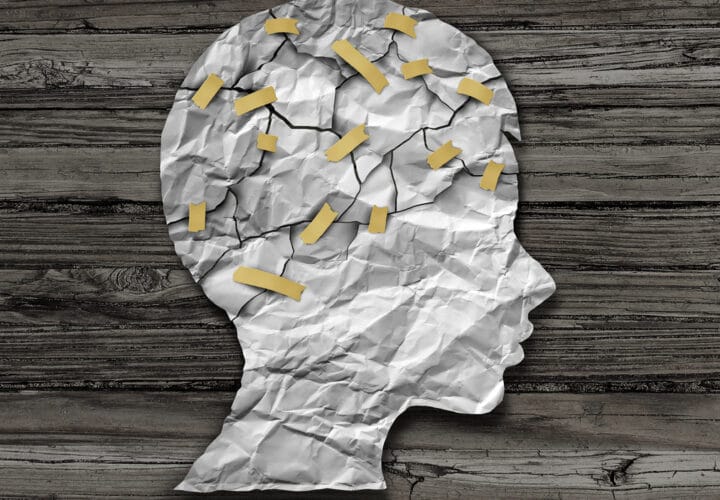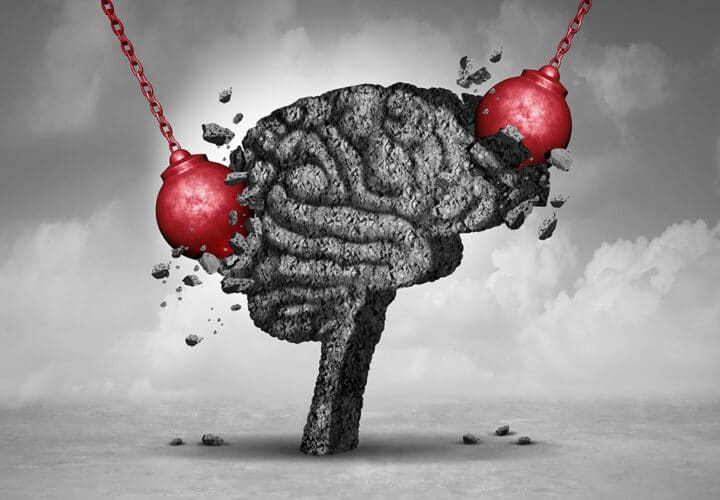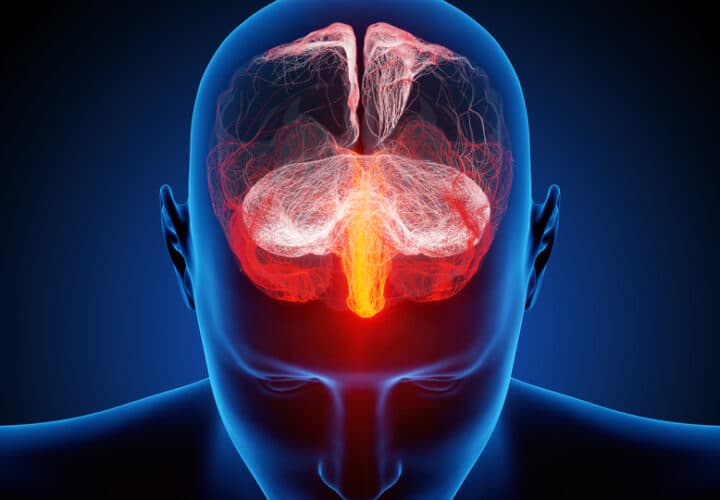Experiencing a traumatic brain injury can increase chances of dementia by up to 80 percent, even decades after the injury occurred, according to a new study.
We’ve known for a long time that traumatic brain injuries (TBI), usually sustained during falls, car crashes, as a result of violence, sports injuries or in combat, have a long-term effect on the brain, and scientists have linked the inflammation that follows an injury to risk of dementia. Now scientists have discovered that a TBI can raise the risk for dementia for up to 30 years after the initial injury.
Researchers at Umeå University in Sweden examined data from 164,334 people with a TBI and another 136,233 with a dementia diagnosis, comparing each group to a control group. They also looked at 46,970 pairs of siblings—one with a TBI, the other without. Everyone they looked at was over 50 as of 2005.
Researchers found the greatest risk of dementia was in the first year after the injury. Those participants were four to six times more likely to get a dementia diagnosis than their control counterparts. At the 15-year mark, researchers found the risk was 80 percent greater for those with a TBI than for those without. Thirty years after the initial observation, risk of dementia was still significantly higher for those with an injury—by about 25 percent.
Authors concluded that the risk of dementia after TBI was dependent on how severe the injury was and how many years it had been since the injury.
“The findings of this study suggest an existence of a time- and dose-dependent risk of developing dementia more than 30 years after TBI,” the authors said. “To our knowledge, no previous prospective study with similar power and follow-up time has been reported.”


